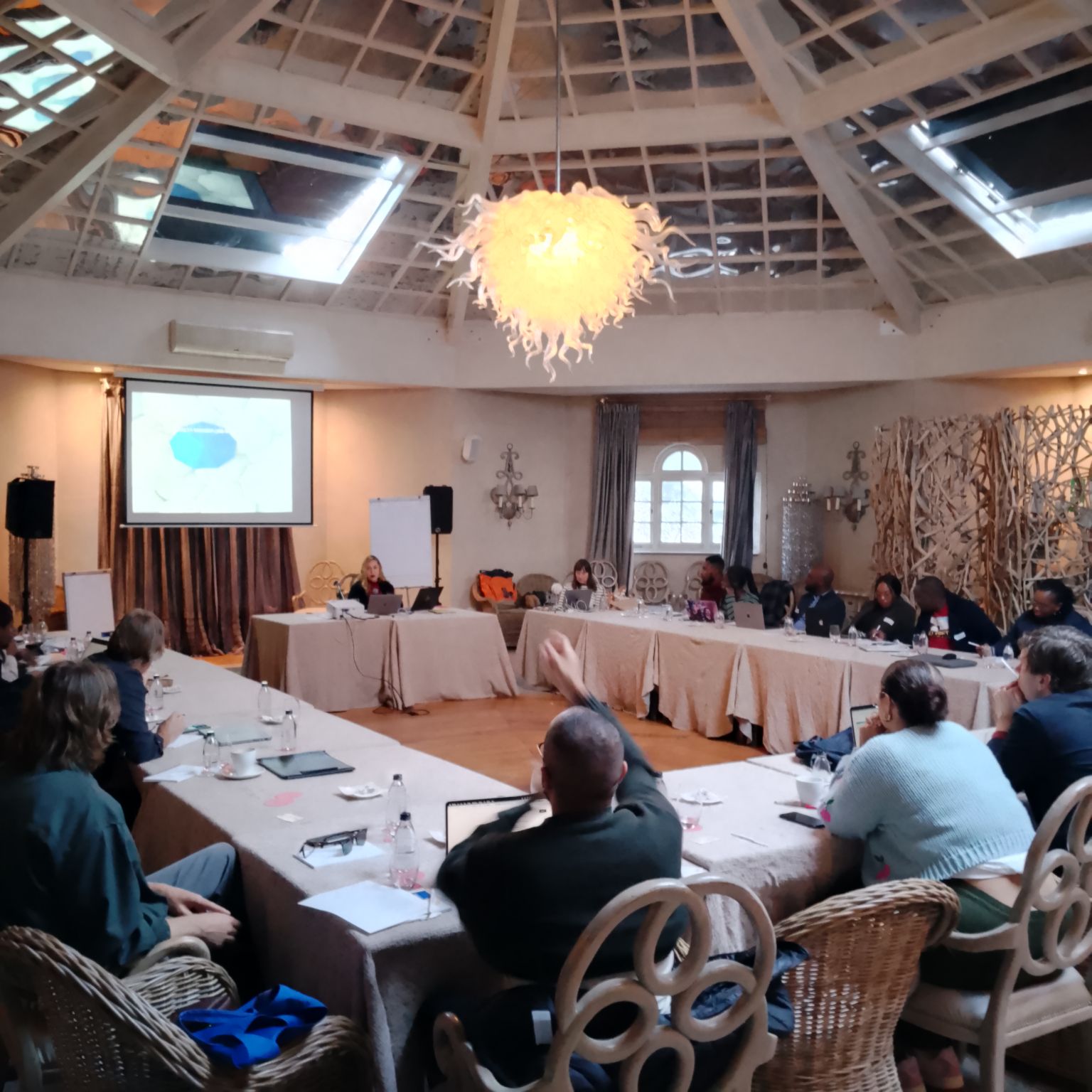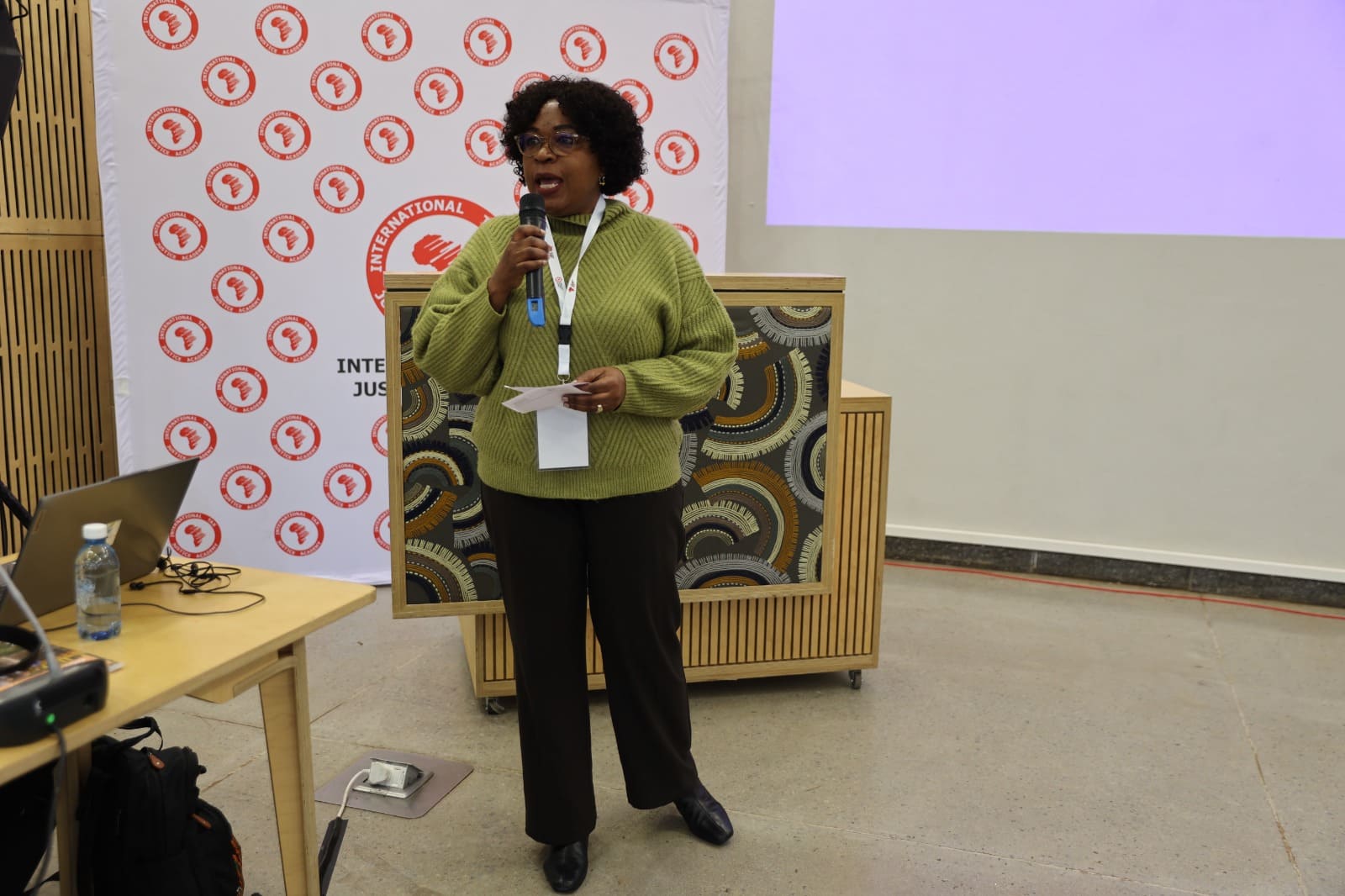
West African states have been challenged to create effective policies and tools for implementing health tax directives. This call was made during the Economic Community of West African States (ECOWAS) Health Taxes Workshop on October 8-9 in Dakar, Senegal where participants unpacked global advancements in health taxes, including innovations in tax policy design and administration within the region.
Hosted by the World Bank and ECOWAS Secretariat, the workshop provided a platform for the participants to discuss and deliberate on key issues around the potential of health taxes—levied on harmful products such as tobacco, alcohol, sugary beverages—as a tool for improving public health, environmental conservation, and economic sustainability.
World Bank data revealed that, despite the ECOWAS directive setting minimum ad valorem rates for alcohol taxes, most countries prefer to impose specific taxes, often at higher rates. It was highlighted that all WAEMU countries comply with the minimum ad valorem rates, but these minimum alcohol tax rates are typically lower than those for tobacco.
World Bank data indicated significant variability in the implementation of tobacco tax reforms. Following the ECOWAS directive, most countries have adopted specific taxes, with over half setting rates above the minimum. In contrast, ad valorem taxes remain less common as countries focus on specific taxation. While most West African Economic and Monetary Union (WAEMU) countries apply the minimum ad valorem rate of 50%, only a few have implemented specific taxes.
Speaking as a panelist at the workshop, TJNA Policy Officer, Chileshe Mange highlighted the urgent need for the region to prioritize alcohol taxes. She voiced concerns over the neglect of alcohol taxation compared to tobacco and sugary drinks, especially given the high rates of alcohol consumption across the continent. Notably, data reveal that while tobacco-related deaths have plateaued, alcohol-related deaths are on the rise and now surpass those from tobacco.
Ms. Chileshe stressed that despite the vast potential for income growth, many countries still impose low alcohol taxes. She urged stakeholders to address this issue, highlighting that raising these taxes could unlock significant public health and economic benefits. She called on policymakers to prioritize this initiative for the betterment of communities across the continent.
“The scope for raising revenue from alcohol taxes is larger in most African countries than tobacco, but the taxes remain relatively low. We need to address the question of why alcohol taxes receive little attention, compared to tobacco and sugary sweetened beverages, given the relatively high alcohol consumption in Africa.” Ms Chileshe said.
TJNA’s approach has been to tackle health policy using economic rationales and work with health ministries and CSOs to build capacity around economic research and have an empirical basis for policy formulation.
For more information about the ECOWAS health taxes Workshop, please reach out to Chileshe Mange at cmange@taxjusticeafrica.net





